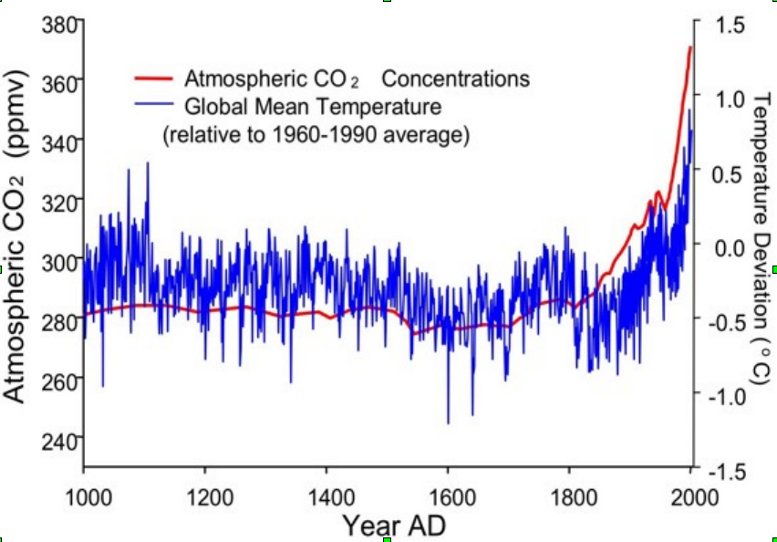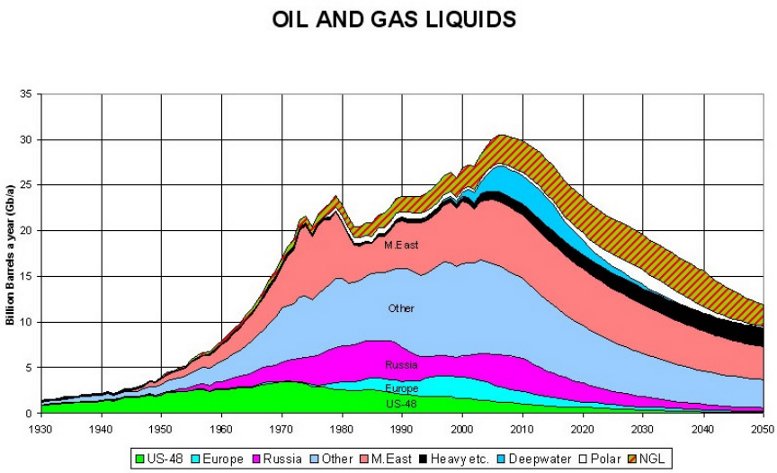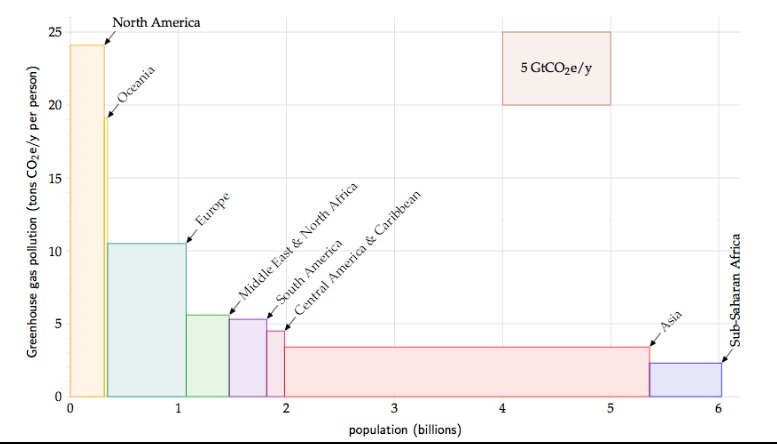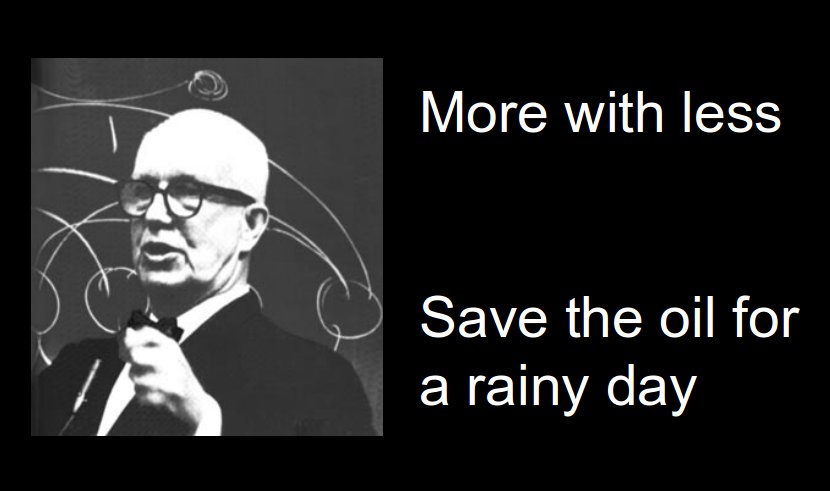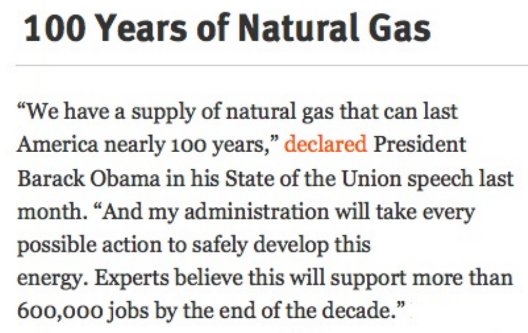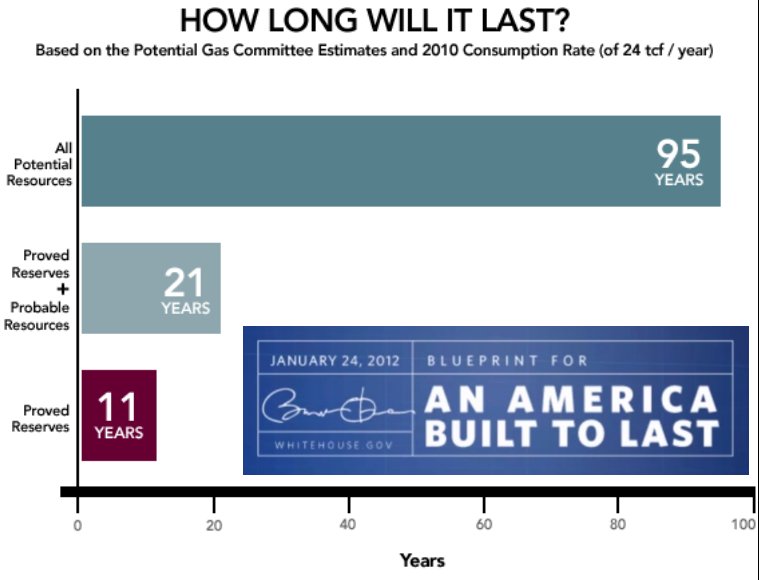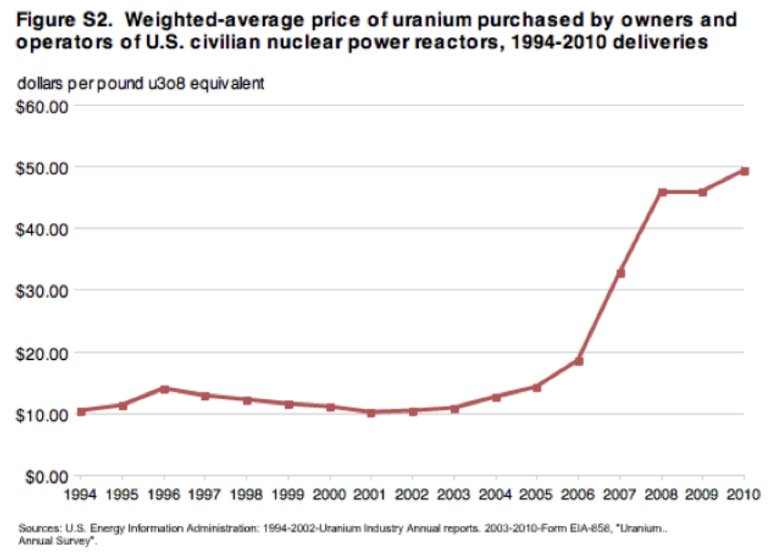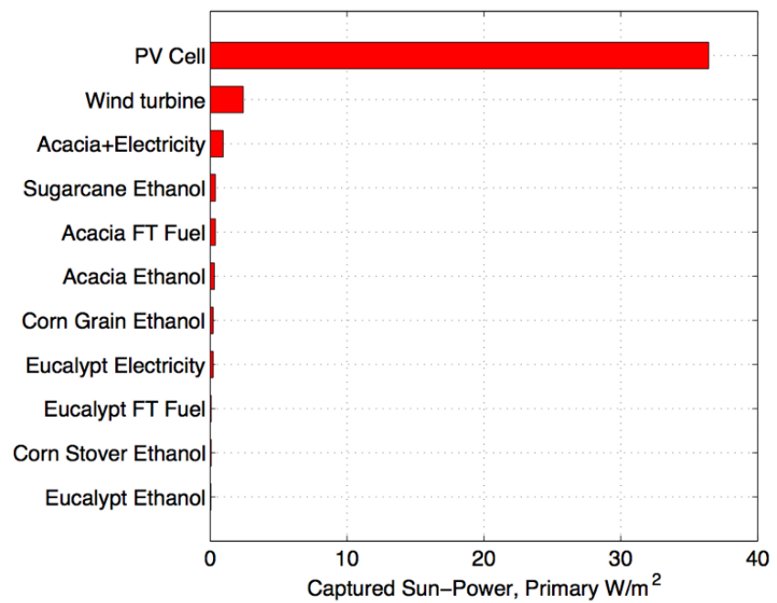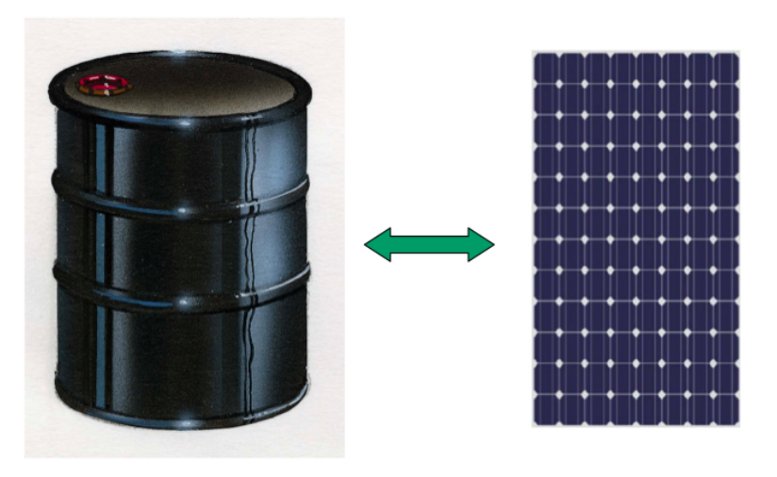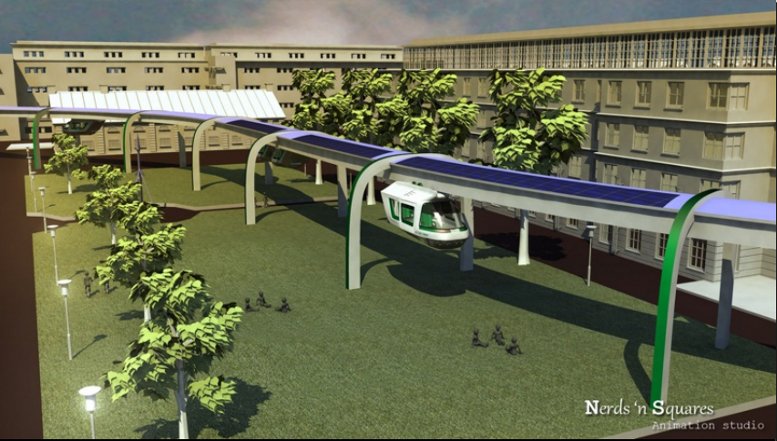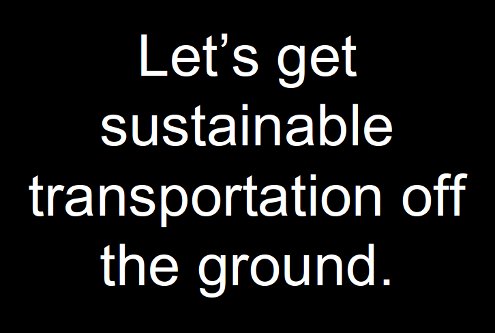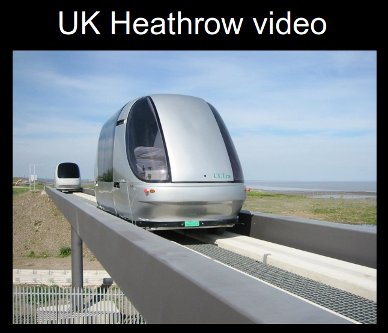>
> Ron Swenson
>
> Solar Powered Personal Rapid Transit (PRT)
>
>
> Ron Swenson has been promoting sustainability based on solar
(renewable)
> energy and conservation of natural resources for over three
decades.
> After conducting courses in Design, Computer Programming, and
Cybernetic
> Systems as an Assistant Professor at San Jose State’s School of
> Engineering from 1965 to 1968, where he learned about doing more
with
> less from Bucky Fuller, Ron turned his attention to passive solar
energy
> buildings and founded EcoSystems, Inc. In the 1990s, he
built a solar
> race car and electric bikes. In 1998 he co-founded SolarQuest,
providing
> solar energy training for youth in the US, Uganda, Bolivia and the
> Galapagos. Since 2003, Ron has been developing and installing
commercial
> solar electric systems. After discovering a way to build a
practical
> solar-powered transportation system in 2008, he founded Encitra
(ENergy,
> CIties, TRansport), which has created a set of virtual reality
tools
> used in urban transit planning. In addition to solar related
ventures,
> Ron has also been involved with several high technology ventures,
> including Aha, Inc. and Enigma Logic, Inc.
>
> Ron has written numerous articles and peer-reviewed papers,
primarily in
> the field of renewable energy and published in the proceedings of
the
> American Solar Energy Society. In addition, he frequently gives
> presentations about renewable energy and peak oil. Ron’s web
publishing
> includes EnergyCrisis.com, Ecotopia.com and Solarevolution.com.
>
> Ron will describe a solar powered personal rapid transit system
that
> Encitra is designing for a city in Sweden and survey a number of
PRT
> projects throughout the world.
>
Ron started by mentioning that his
Swedish ancestors (including his grandmother and grandfather) had lived
for
many generations off of the light that fell on their land. In a
northern latitude like that, this took a lot of planning. He finished
the anecdote by saying "it is possible to live off the power of
sunlight." Then he reminded us of some of the reasons we need to
change, starting with the fact that global mean temperature has been
going up with CO2 conentration in the atmosphere.
Not only has CO2 become more of an
issue, but likely the fuel supply will diminish over the coming period.
He showed us this supply curve that clearly shows the diminishing
returns we are likely to get from mining fossil fuels.
Clearly [North] Americans use more
energy per capita per year on average than others. In a globally
competative environment this simply can't go on forever.
As a young professor, Swenson was very
influenced by R. Buckminster
Fuller.
For an example of how bad dealing with
oil depletion can be, look at Egypt. Swenson argued that their current
turmoil is at least partly caused by the fact that they used to export
a lot of oil, the money from which was used to make life better in the
country. As oil exports have fallen, the ability of the system there to
make life better has eroded.
Swenson has become more sensative
to the role of hyperbole in the political process. Consider this quote
from Obama's State of the Union 2012 address:
The truth is that our proven reserves
are only good for 11 years. Do you really want to plan based on Obama's
quote?
Nuclear power is frequently pointed to
as another source of energy. But look at Fukushima. Do we really want
to have more problems like that one?
Also, nuclear power is based on Uranium
mining and refining, which takes a lot of fossil fuels. As the price of
oil goes up, so to is the price of Uranium.
Looking for a better answer, Swenson
came back to the fact that photvoltaic solar power is the most
efficient way to convert sun power to useful energy.
The answer is clearly a switch from oil
to solar.
It turns out that if you make the
vehicles small, and use steel-on-steel guildways, solar power from
pannels along the tracks is enough to power urban travel.
They have built a few systems outside
the USA, but still none of them here. Solar Skyways is looking for a
city with the
courage to try something different here. He showed us some breif videos
of such systems.
